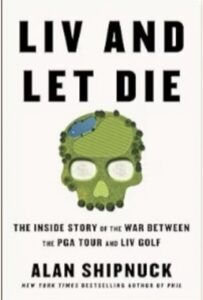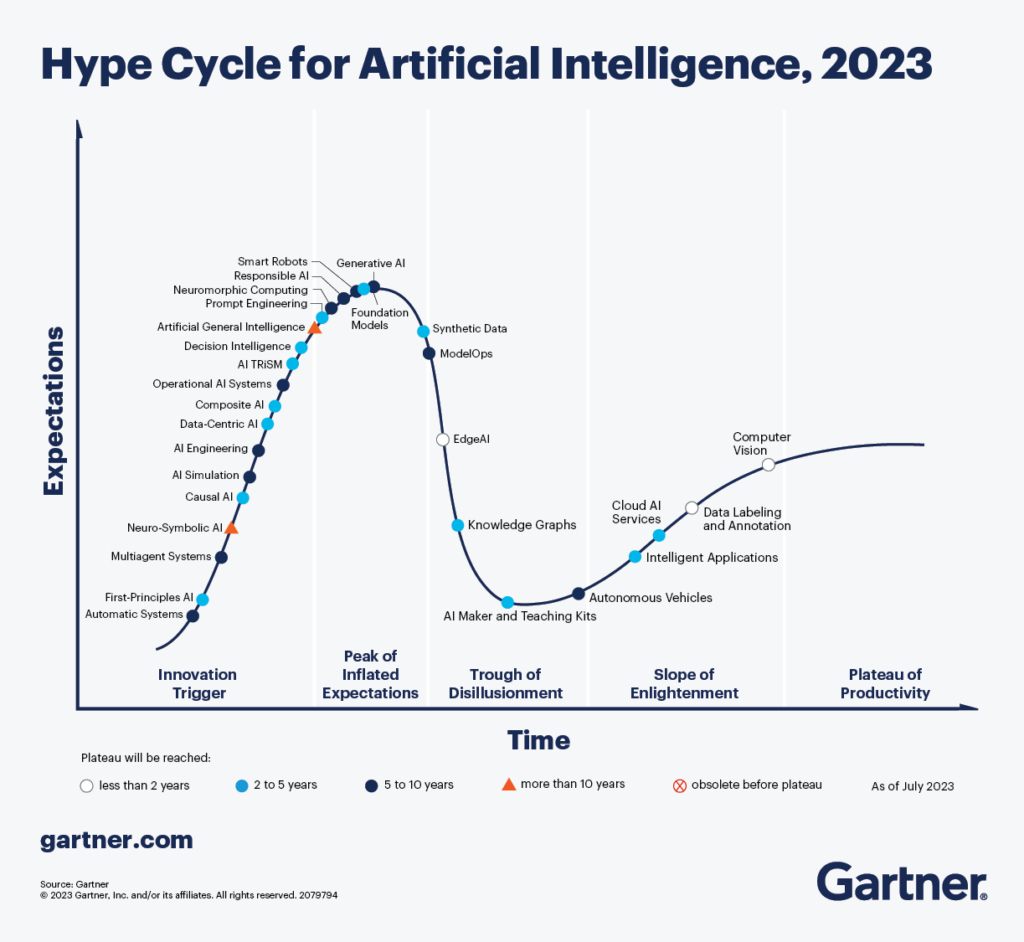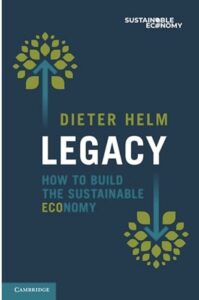Piece of cake!

Happy Christmas!
Quote of the Day
”Santa Claus has the right idea — visit people once a year.”
- Victor Borge
Musical alternatives to the morning’s radio news
Take your pick!
- FIZZ – Christmas Medley | Radio 1 Piano Sessions
Link -
In the Bleak Midwinter Link
-
Armas Maasalo | Joulun Kellot (The bells of Christmas)
Link
Long Read of the Day
The chroniclers of the crypto collapse
An object lesson by Dave Karpov in how to write a devastating review essay. Especially good on Mike Lewis’s failure to nail Sam Bankman-Fried.
The middle chapters of the book are full of stories where SBF makes rash, impulsive decisions that work out terribly for him. He’s a terrible manager, constantly making shit up as he goes, surrounded by partners who quit because they just can’t deal with him anymore. His one great advantage is that he combines the disciplined angle-shooting of a Wall Street quant to the crypto goldrush before any of the other Wall Street quants arrive.
There’s a scene on page 176 where people keep encouraging Sam to hire a CFO. He refuses, saying: “Some people cannot articulate a single thing the CFO is supposed to do. They’ll say ‘keep track of the money’ or ‘make projections.’ I’m like *What the fuck do you think I do all day? You think I don’t know how much money we have?” [Act III/court case spoiler alert: Sam does not know how much money they have. He’s playing Storybook Brawl instead.]
If the book had ended with Act II — if it had been released before the collapse — then it would seem outdated now, but it would be an interesting artifact of the sheer confidence these hucksters were able to successfully project while the numbers were going up. But events unfolded, and Michael Lewis refused to adjust…
Yep.
Why AI is a disaster for the climate
Yesterday’s Observer column:
What to do when surrounded by people who are losing their minds about the Newest New Thing? Answer: reach for the Gartner Hype Cycle, an ingenious diagram that maps the progress of an emerging technology through five phases: the “technology trigger”, which is followed by a rapid rise to the “peak of inflated expectations”; this is succeeded by a rapid decline into the “trough of disillusionment”, after which begins a gentle climb up the “slope of enlightenment” – before eventually (often years or decades later) reaching the “plateau of productivity”.
Given the current hysteria about AI, I thought I’d check to see where it is on the chart. It shows that generative AI (the polite term for ChatGPT and co) has just reached the peak of inflated expectations. That squares with the fevered predictions of the tech industry (not to mention governments) that AI will be transformative and will soon be ubiquitous. This hype has given rise to much anguished fretting about its impact on employment, misinformation, politics etc, and also to a deal of anxious extrapolations about an existential risk to humanity.
All of this serves the useful function – for the tech industry, at least – of diverting attention from the downsides of the technology that we are already experiencing…
Books, etc.

Christmas reading: a gift from a generous friend.
Colm Toibín had an interesting review of it in the LRB in January last year.
My commonplace booklet
Look how far we haven’t come since Windows NT
Interesting reflections in The Register which will strike a chord for anyone who remembers what a breakthrough Windows NT was. I was privileged to work later with someone who worked on the team that created it.
This Blog is also available as an email three days a week. If you think that might suit you better, why not subscribe? One email on Mondays, Wednesdays and Fridays delivered to your inbox at 6am UK time. It’s free, and you can always unsubscribe if you conclude your inbox is full enough already!


















